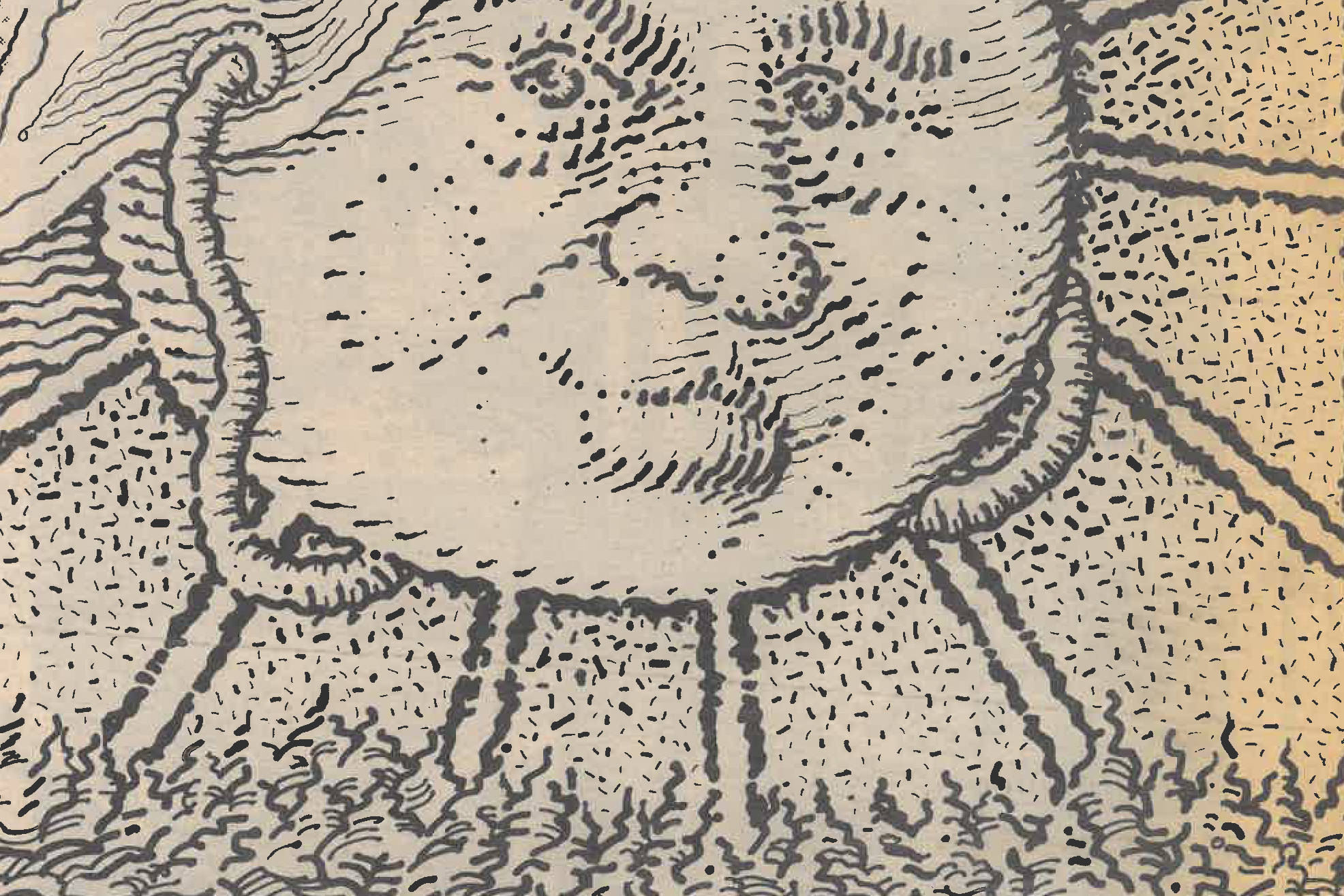Uncommon Grounds: The History of Coffee and How It Transformed Our World by Mark Pendergrast (Basic Books, $30)
Ever gaze at the vast, room-length shelf containing the works of Honore de Balzacand wonder how he did it? It turns out that the secret not only of his prodigious energy but also of his prodigious genius lay in a simple accident of history: He hit his prime writing years just when coffee first hit Europe. “Many French citizens took to caf頡u lait,” Mark Pendergrast writes in his exhaustive and fascinating new book, “particularly for breakfast. French writer Honore de Balzac did not trifle with such milky coffee, though. He consumed finely pulverized roasted coffee on an empty stomach with virtually no water. The results were spectacular. ‘Everything becomes agitated. Ideas quick march into motion like battalions of a grand army to its legendary fighting ground, and the battle rages. Memories charge in, bright flags on high; the cavalry of metaphor deploys with a magnificent gallop. . . . Forms and shapes and characters rear up; the paper is spread with ink—for the nightly labor begins and ends with torrents of this black water, as a battle opens and concludes with black powder.'”
Now that’s java jive.
Pendergrast’s history—which begins with the discovery of coffee in 600 AD by an Ethiopian goatherd (by his goats, actually) and ends in the post-Starbucks postmodern world—is a rich blend of economics, politics, history, sociology, psychology, and anthropology, and it puts the current Starbucks-fueled American coffee craze in surprising perspective. For all of our contemporary extravagant dependence on coffee, we can’t hold a demitasse cup to the 15th-century Turk or the 17th-century European, who regarded the beverage either as miraculous or diabolical (British women claimed it caused impotence, while British men insisted it caused a prodigiousness that bordered on Priapism).
Wherever coffee has gone—which is, to date, everywhere on the planet—it has enthralled, terrified, delighted, or inspired those who have encountered it. It has spawned wars, love affairs, revolutions, ecological devastation, economic salvation, and all manner of human activity and catastrophe for hundreds of years. And now it has helped engender a remarkable, highly readable, thorough history of itself.







